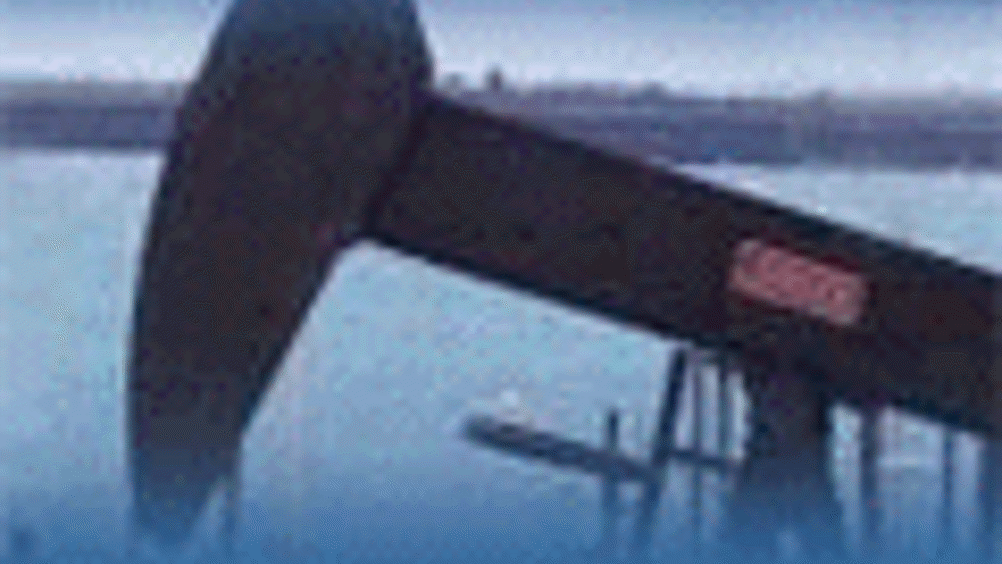Fuel dive

Royal Dutch Shell has posted its second quarter unaudited results, which reveal a 70 per cent decrease in profits compared to the same quarter in 2008.
On a current cost of supplies (CC) basis, the petrochemical giant reported earnings of $2.3bn (£1.4bn) against $7.9bn (£4.8bn) in June 2008.
Peter Voser, chief executive of Royal Dutch Shell, said the results can be blamed on the weak global economy.
‘It’s a difficult environment both in upstream and downstream,’ he said, referring to the search and recovery for oil and refining. ‘Energy demand is weak. There is excess capacity in the market, and industry costs remain high. Conditions are likely to remain challenging for some time and we are not banking on a quick recovery.’
Voser said Shell is trying to adapt to this new situation and the company is currently in the middle of a programme to build one million barrels of oil equivalent per day of additional upstream capacity, with selective downstream investment. He said new production start-ups in the first half of 2009 - at Sakhalin II in
Register now to continue reading
Thanks for visiting The Engineer. You’ve now reached your monthly limit of news stories. Register for free to unlock unlimited access to all of our news coverage, as well as premium content including opinion, in-depth features and special reports.
Benefits of registering
-
In-depth insights and coverage of key emerging trends
-
Unrestricted access to special reports throughout the year
-
Daily technology news delivered straight to your inbox










Water Sector Talent Exodus Could Cripple The Sector
Maybe if things are essential for the running of a country and we want to pay a fair price we should be running these utilities on a not for profit...